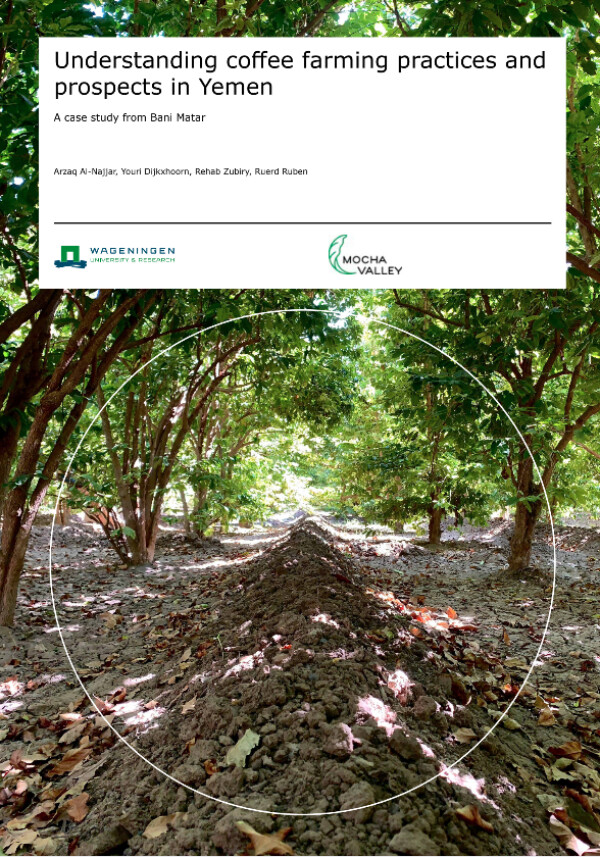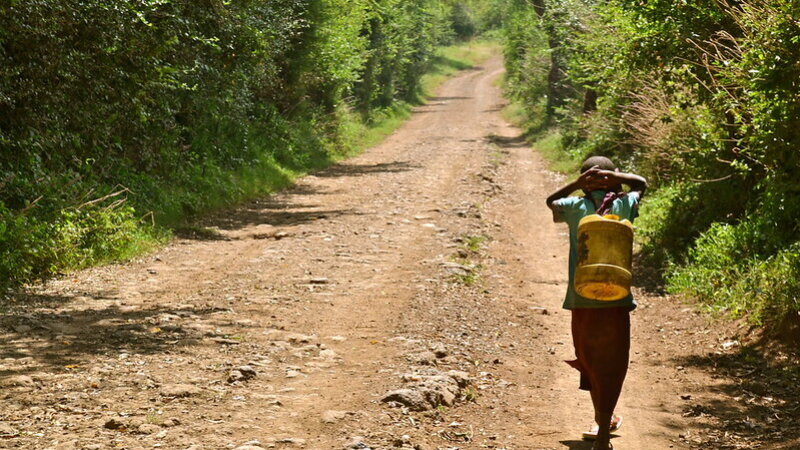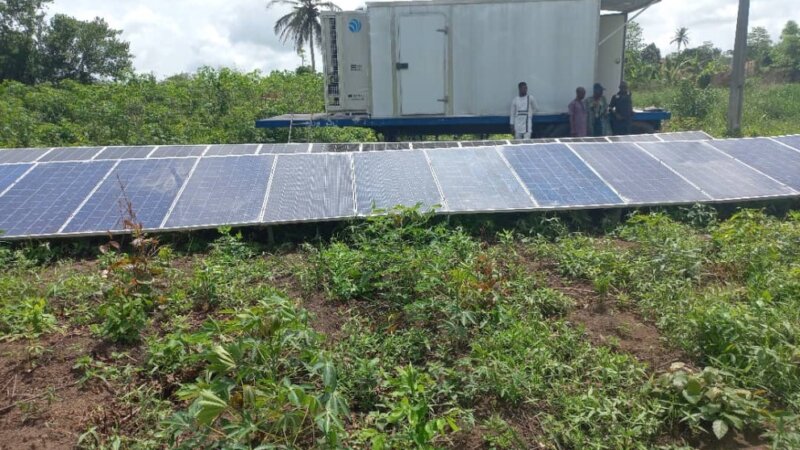This study provides insight into how coffee in relation to other crops is grown and traded by actors in the Yemeni coffee sector. It also lists recommendations on how the coffee sector can be supported for sustainable development.
Coffee production used to play an important role in local livelihoods but nowadays hardly contributes to the household income. This is mainly a result of the expansion of qat production, because farmers favour qat production over coffee production due to the limited investment needed compared to coffee. This qat production also puts serious pressure on the scarce water supply in the country, thereby also stressing coffee production.
The study focused on the Bani Matar region, which was selected for its rich tradition in coffee cultivation. This region was known as one of the best Yemeni coffee regions with a good international reputation. The study shows that the practices of coffee farmers in Bani Matar are of the same low level of farm practices as in other coffee production areas in Yemen. Our data shows that most coffee farmers in Bani Matar realize a negative income from coffee cultivation, only one-third break even or make a small profit from coffee cultivation.
Bani Matar represents the same issues as other Yemeni coffee areas in terms of the potential to produce good quality coffee but lacks essential technical and financial support to capture current (international) market opportunities. Adequate training in farm management by the government and development organisations is needed and could increase the current coffee practices significantly resulting in higher yields and better quality.
The current bargaining position of coffee farmers in Bani Mater is restricted due to limited commercial organisation and non-transparent pricing procedures. Opportunities for improving the conditions of access to markets and reinforcing the consistency of income from coffee for rural households can be based on stronger linkages with reliable market outlets, long-term engagement in contractual deliveries and eventually the development of recognised origin statements for coffee from particular regions.
The current situation of women and their important role in the coffee sector can be mobilised as a vehicle for strengthening its impact for more empowerment of women’s roles in the coffee sector. This can only be expected when the governance and ownership over coffee transactions also recognise the vital role of women in upstream activities. Women’s engagement in savings associations can likely provide suitable incentives in this respect.
Finally, in the longer term, opportunities for improving coffee tree varieties may become interesting, especially if international market conditions are met, based on quality considerations or status of origin recognition. This requires contractual arrangements between producers and traders based on consistent quality management and traceability of supply chain operations.
The research is based on a literature review of available material on the Yemeni coffee sector including reports and findings from prior assessments. In addition, enumerators did interviews with small and medium sized coffee farmers in Bani Matar and with (international) traders. By using both qualitative and quantitative approaches, the study offers a critical review of the current status of coffee farming and trading in the area.
Interested in more information on coffee production in Yemen and the context of the report? Watch this clip on Youtube.
Let us know your experiences on best practices for sustainable coffee cultivation!
What are your own experiences or lessons learned with regard to sustainable coffee cultivation in challenging contexts? Or what role could you play in improving opportunities for coffee production in Yemen? Let us know!
Author

Ibrahim Palaz
Coalition Builder






